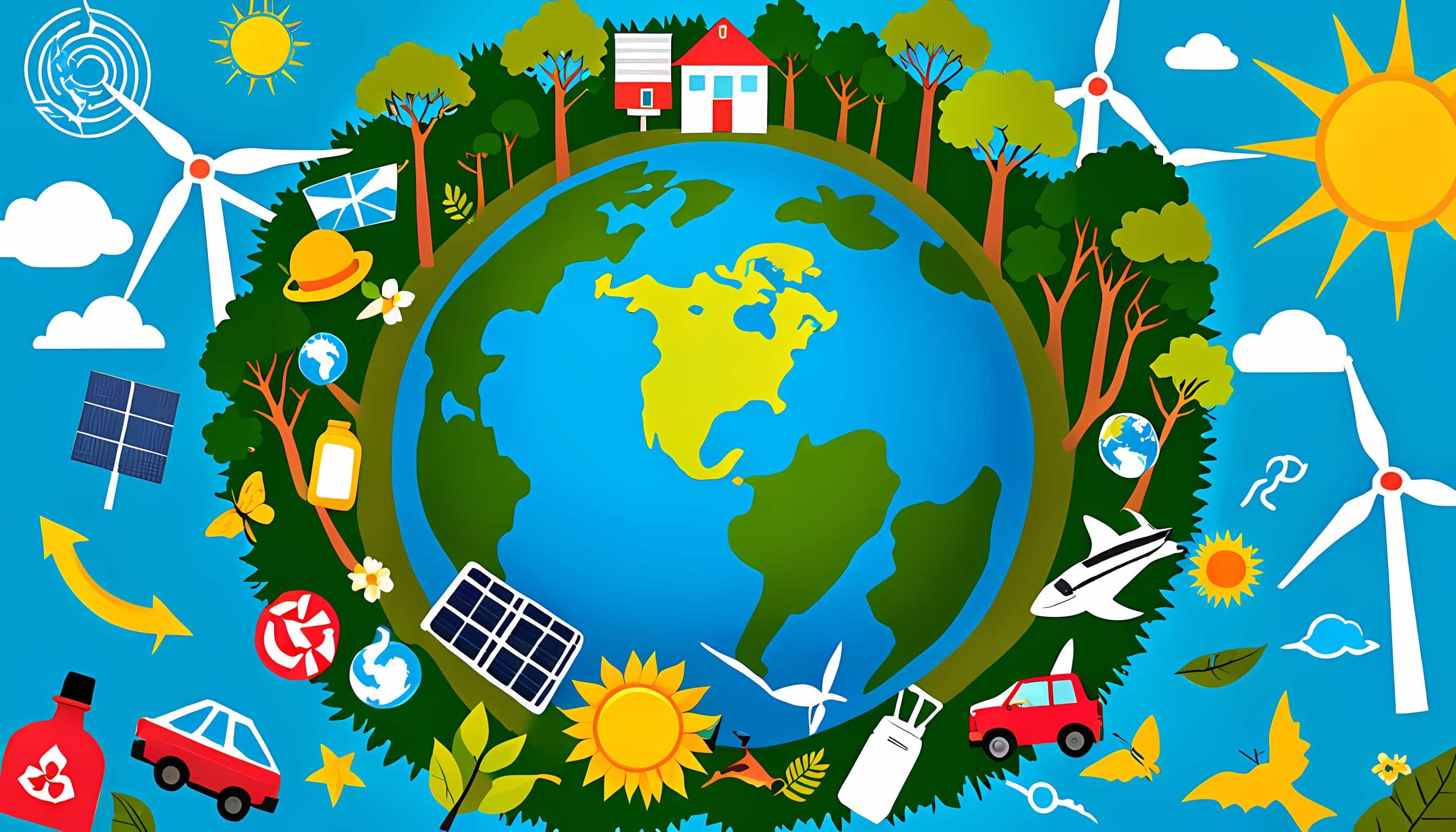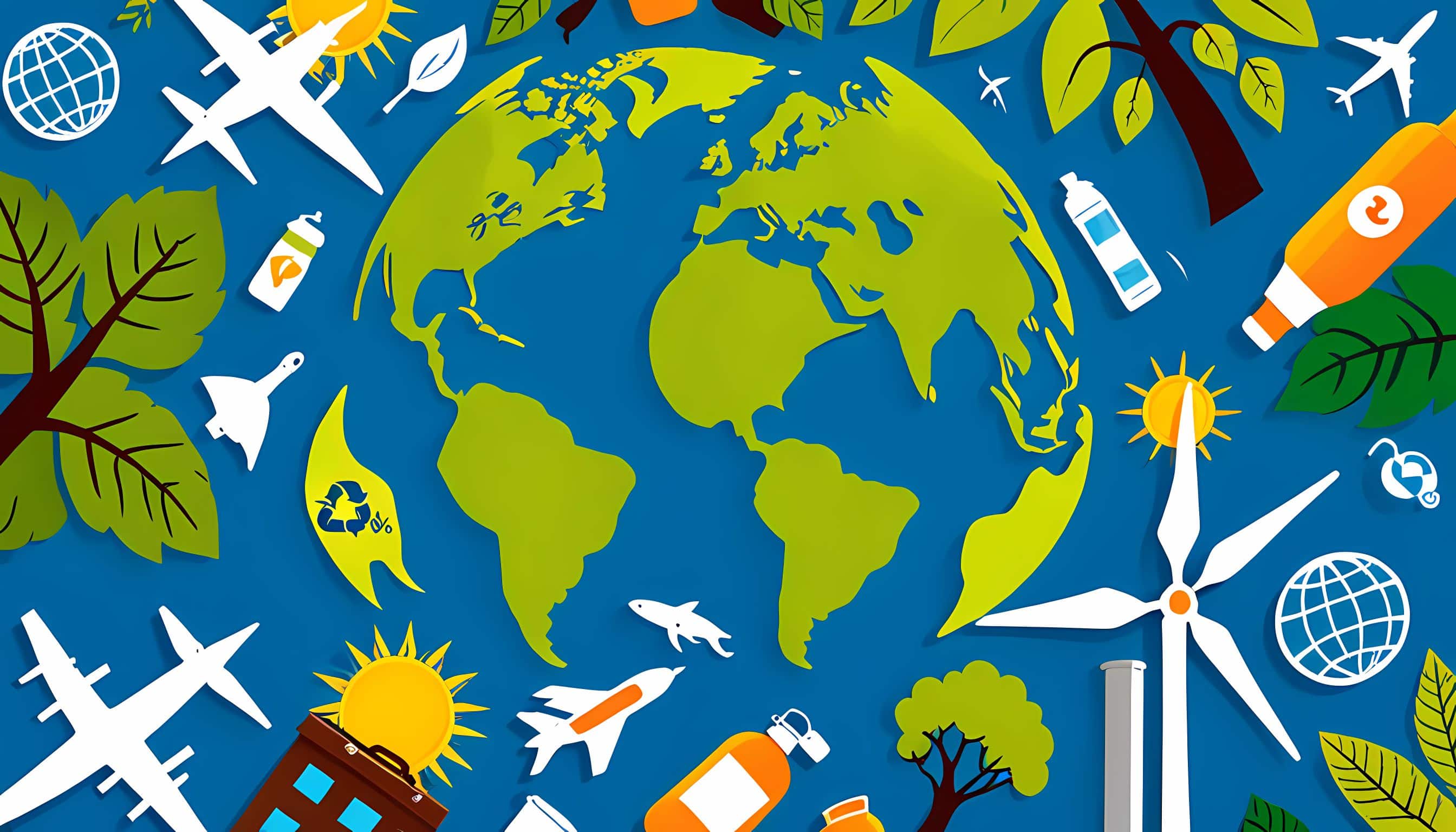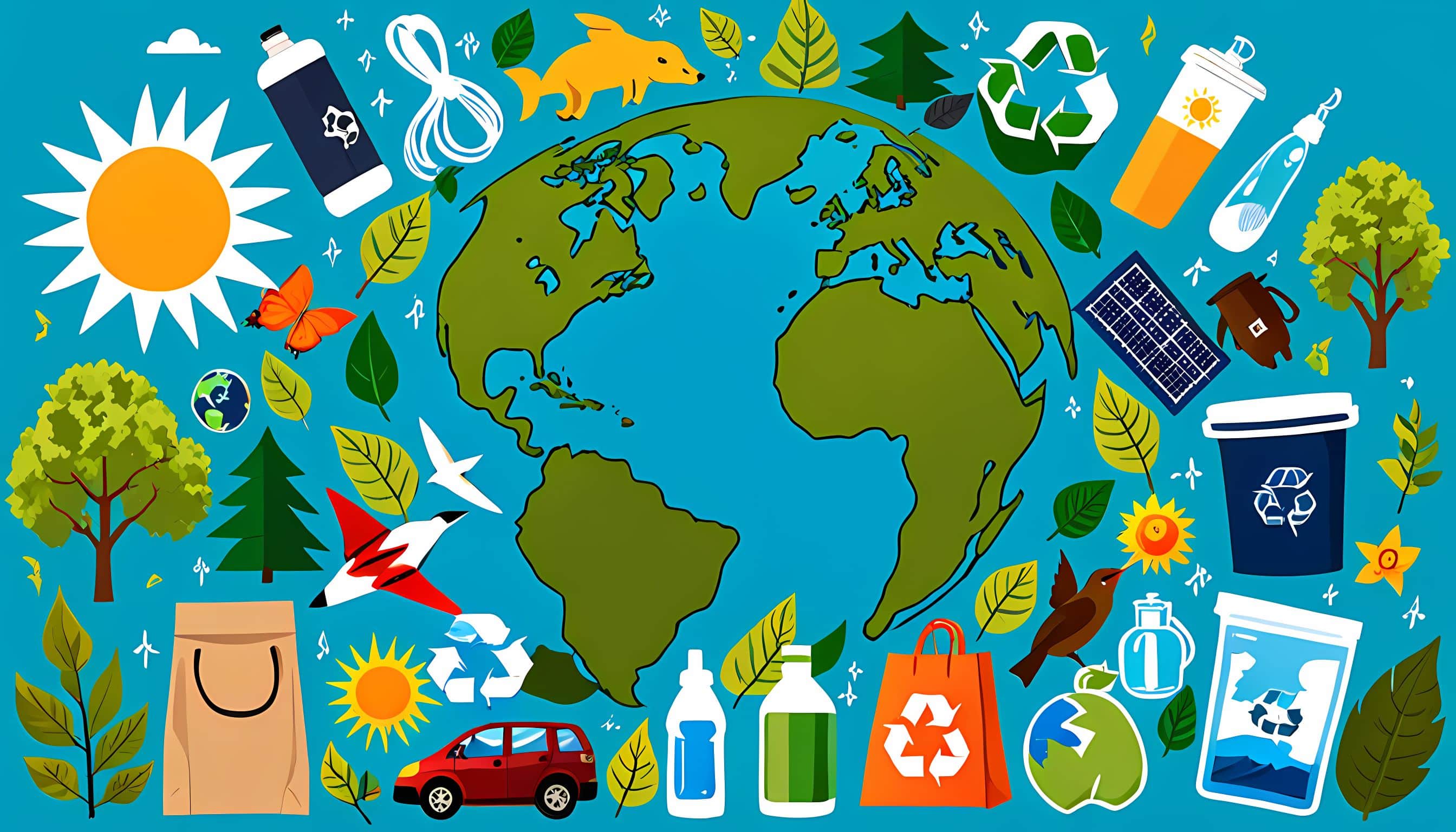“Earth First, Waste Last” is a powerful mantra that encapsulates a fundamental principle of environmental sustainability. This phrase urges us to prioritize the health of our planet by minimizing waste and adopting more sustainable practices in our daily lives. As climate change, pollution, and resource depletion become increasingly pressing global issues, the message of “Earth First, Waste Last” is more relevant than ever.
The Origin of “Earth First, Waste Last”
The saying “Earth First, Waste Last” has its roots in the broader environmental movement that gained momentum in the 20th century. The phrase reflects the growing awareness of human impact on the environment. The saying also addresses how we need to commit to unsustainable practices. While the exact origin of the words is difficult to pinpoint, it embodies the principles promoted by environmental activists, conservationists, and organizations dedicated to protecting the Earth.
In the late 20th century, movements such as Earth Day (first celebrated in 1970) and the rise of environmental advocacy groups like Greenpeace highlighted the importance of environmental stewardship. These movements emphasized reducing waste, conserving natural resources, and promoting sustainable living. “Earth First, Waste Last” echoes the ethos of these movements, encouraging individuals to prioritize the planet’s well-being over convenience and short-term gains.

What “Earth First, Waste Last” Means
At its core, “Earth First, Waste Last” is a call to action to prioritize ecological health by reducing waste and adopting sustainable practices. It underscores the necessity of placing the environment at the forefront of our decisions and lifestyles. Here’s a breakdown of the critical components of this phrase:
Earth First
- Prioritizing Environmental Health: This means considering the environmental impact of our actions before making decisions. It involves choosing eco-friendly alternatives and supporting practices that protect and preserve natural ecosystems.
- Sustainable Resource Use: Utilizing resources to deal with present demand should happen without compromising the ability of those who come later to meet their needs. Future-proofing our lives includes using renewable resources and reducing reliance on finite resources.
- Ecological Balance: Maintaining the balance of natural systems by protecting biodiversity, conserving habitats, and preventing pollution.
Waste Last
- Minimizing Waste: Reducing the amount of waste we produce by adopting practices such as recycling, composting, and reusing materials. It also involves conscious consumption, buying what we need, and choosing products with minimal packaging.
- Responsible Disposal: Properly disposing of waste to prevent environmental contamination. The process includes separating recyclables, hazardous waste, and compostable materials to ensure they are processed correctly.
- Innovation and Efficiency: Supporting and adopting technologies and practices that promote waste reduction and efficiency. Such a program can include advancements in recycling technologies, sustainable product design, and efficient resource use.

How to Apply “Earth First, Waste Last” Principles to Daily Life
Incorporating “Earth First, Waste Last” principles into our daily lives requires conscious effort and commitment. Here are practical ways individuals can embrace this philosophy:
- Reduce, Reuse, Recycle
- Reduce: Minimize waste by reducing consumption. One way to accomplish this is by selecting products with minimal packaging. Other strategies are buying in bulk and avoiding single-use items.
- Reuse: Opt for reusable items you use multiple times instead of disposable ones. Use cloth bags, water bottles, and containers. Give away or repurpose items instead of discarding them.
- Recycle: Properly sort materials such as paper, glass, plastic, and metal for recycling. Support recycling programs and stay informed about local recycling guidelines.
- Adopt Sustainable Practices
- Energy Conservation: Using energy-efficient appliances makes it easy to reduce energy consumption. It’s also good practice to turn off lights when not using them and use renewable energy sources like solar or wind power.
- Water Conservation: Save water by fixing leaks, using water-efficient fixtures, and practicing mindful water use in daily activities.
- Sustainable Transportation: Reduce carbon emissions by walking, biking, carpooling, or public transportation. Consider electric or hybrid vehicles for reduced environmental impact.
- Support Eco-Friendly Products and Companies
- Eco-Friendly Products: Choose products manufactured from sustainable materials, such as bamboo, recycled plastics, and organic cotton. Look for certifications like Fair Trade, USDA Organic, and Energy Star.
- Ethical Companies: Support businesses committed to sustainable practices, fair labor, and environmental responsibility. Research and choose brands that prioritize sustainability in their operations.
- Engage in Community Initiatives
- Local Cleanups: Participate in or organize local cleanup events to remove litter from parks, beaches, and neighborhoods.
- Community Gardens: Support or start gardens to promote local food production, reduce food miles, and enhance green spaces.
- Environmental Advocacy: Get involved in local environmental organizations and advocacy groups. Support energized policies and initiatives that promote sustainability and environmental protection.
- Educate and Inspire Others
- Raise Awareness: Share information about ecological issues and sustainable practices with friends, family, and social media networks.
- Lead by Example: Demonstrate sustainable living through your actions. Inspire others by showing the benefits and ease of adopting eco-friendly habits.
- Educational Programs: Support or initiate educational programs in schools and communities to teach the importance of sustainability and waste reduction.
The Broader Impact of “Earth First, Waste Last”
Adopting the “Earth First, Waste Last” principles has far-reaching implications beyond individual actions. When embraced collectively, these practices can lead to significant environmental, social, and economic benefits:
Environmental Benefits
- Reduced Pollution: Minimizing waste and properly disposing of materials reduce pollution in landfills, oceans, and natural habitats.
- Conserved Resources: Sustainable practices help conserve natural resources, ensuring their availability for future generations.
- Biodiversity Protection: Reducing habitat destruction and pollution helps protect wildlife and maintain biodiversity.
Social Benefits
- Healthier Communities: Reduced pollution and waste contribute to cleaner air, water, and soil, leading to healthier living conditions.
- Economic Savings: Sustainable practices often lead to cost savings through reduced consumption, energy efficiency, and waste reduction.
- Stronger Communities: Engaging in local environmental initiatives fosters a sense of community and collective responsibility.
Economic Benefits
- Green Jobs: The continuing growth of the green economy creates jobs in renewable energy, sustainable agriculture, recycling, and environmental conservation.
- Innovation and Growth: Sustainable practices drive innovation, leading to the development of new technologies and business opportunities.
- Resilience: Sustainable resource use and waste management enhance the resilience of economies to environmental and resource-related challenges.
Prioritize Our Planet’s Health!
“Earth First, Waste Last” is more than just a slogan; it’s a call to action for individuals and communities to prioritize the health of our planet. By embracing sustainable practices, reducing waste, and supporting eco-friendly initiatives, we can significantly impact the environment, ensuring a healthier, more sustainable future for future generations. Each small step we take contributes to a more substantial movement towards environmental stewardship and sustainability. Let us all strive to put the Earth first and waste last in our daily lives.
Embracing “Earth First, Waste Last”: Frequently Asked Questions
“Earth First, Waste Last” is a guiding principle that emphasizes prioritizing the health of our planet by minimizing waste and adopting sustainable practices. It encourages us to consider the environmental impact of our actions and make choices that support ecological balance and resource conservation.
You can reduce waste by adopting the three Rs: Reduce, Reuse, and Recycle. Buy products with minimal packaging, use reusable items like cloth bags and water bottles, and properly sort and recycle materials. Additionally, compost organic waste and avoid single-use items whenever possible.
Simple sustainable practices include conserving energy by using energy-efficient appliances, reducing water usage by fixing leaks and using water-efficient fixtures, choosing sustainable transportation options like biking or public transit, and supporting eco-friendly products and companies.





